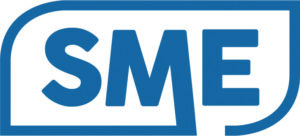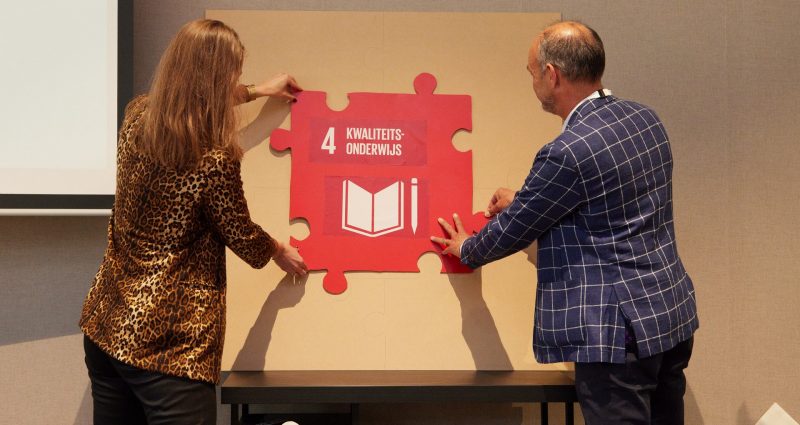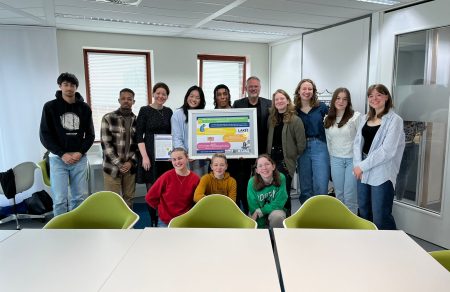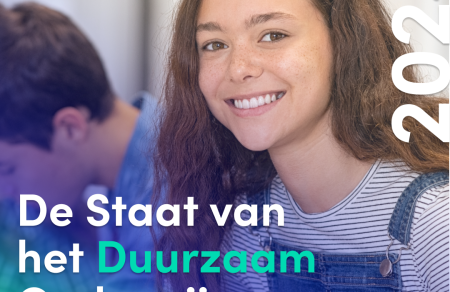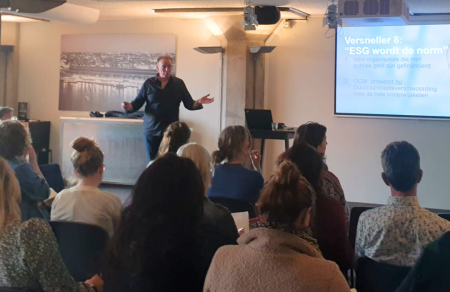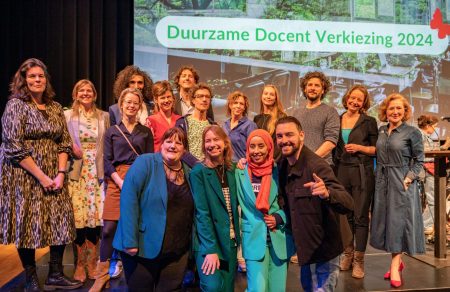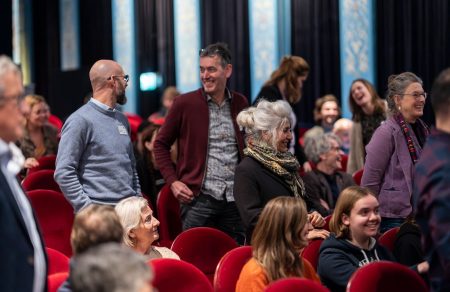Importance of the Conference
The Whole School Approach (WSA) is a method that helps schools make their sustainable vision a reality. Sustainability is examined in terms of vision, curriculum, didactics, operational management and professionalism. There are often separate initiatives in various areas and the WSA can bring cohesion to these. This is reinforced and accelerated by doing projects with the students.
The impetus for the conference was to follow up on sustainability in education with various parties involved in education, as Hak explains, "The Netherlands has been successful internationally with the concepts of the WSA and the Sustainable Development Goals (SDGs) and that simply means we are going to achieve those goals by 2030. In terms of quality education, we still have a task to accomplish. That means we have to get going in the next eight years." Among other things, the conference is contributing to this by sharing the studies of SME, Oberon and Wageningen University.
That the implementation of the WSA for achieving the SDGs is important, the schools and ministries know, according to Hak. The urgency of the issues is certainly well seen by the ministries: "If we want to give these issues a substance, we need that society. We need people who take sustainability into their future jobs. That means that for sustainability we need workers with other areas of expertise. You can't just start with that at secondary school or college. In the basics, we need to include how we treat the earth, society and the consumption of goods."
New insights
One of the important findings that emerged at the conference is as a result of the SME and Oberon studies is that a Sustainable School program is not appropriate now. In general, education is overloaded and there is a teacher shortage. It has become clear that there are big differences in possibilities between the different educational sectors how they want to implement sustainability. Primary education is overloaded, secondary education is hesitant and vocational education wants to do things and is also doing a lot. It also came out several times that schools want to support the socially disadvantaged, as Hak explains, "Sustainability should not be an elitist toy."
It also emerged that the social themes of sustainability should also be included in education. Hak explains: "It was clearly said that you have to take the whole breadth of the SDGs because these themes are interdependent, they are inextricably linked. For example, combating poverty and hunger is directly related to food production, biodiversity and climate adaptation. It's precisely about learning systems thinking, learning to make trade-offs, learning to take ownership as a young person for the total picture and not a piece." That's why the integral nature of the WSA is so important.
The progress
According to Hak, the success of the conference was therefore in the collaborations and special speakers: "The fact that we were finally able to put together a puzzle in which the national government, the other governments, education and the supporting parties together say: 'We are going to do this'. Of course we are not at the finish line yet but I do think that this really gives an impetus to the change we want to realize. We have developed a network, we know each other now and we have expressed the intention; we are going to do it together. We've created momentum and that presents a lot of great opportunities. I'm really confident that this is going to work."
Want to learn more about the conference and the research presented? Below are links to the reports, recordings and PowerPoint presentations.
- Report international conference WSA
- International Recordings and PowerPoint of presentations
- Report Dutch part of the conference WSA
- Dutch part Recordings and PowerPoint of presentations
- Research best practices from the WUR
- Abbreviated version of research educational support and administrative support for 'sustainable school'
